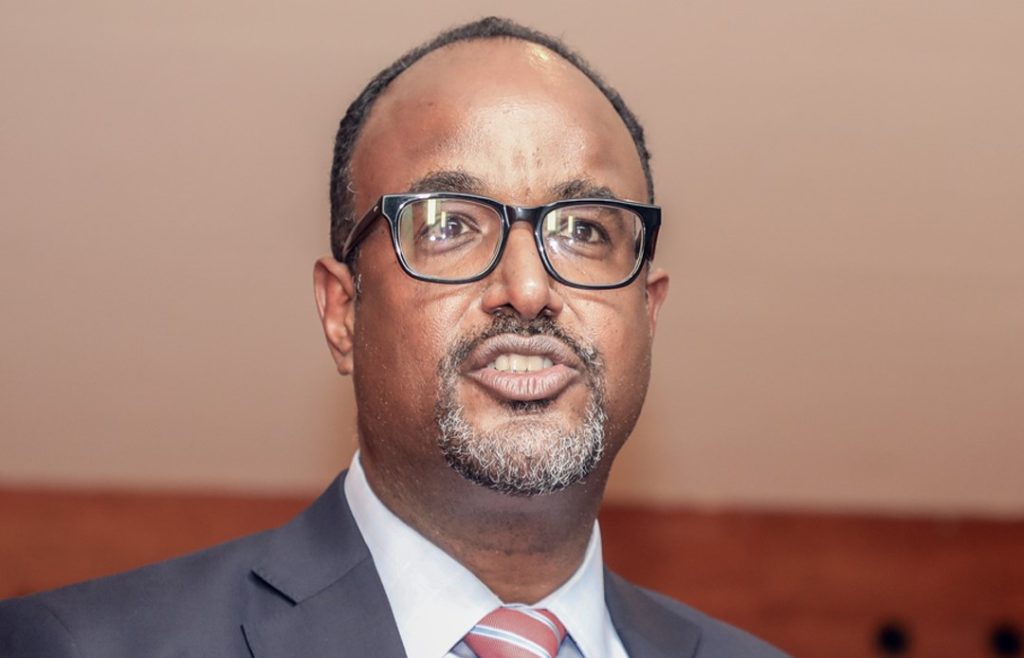World Bank backs Malawi’s PFM reforms with $80 million
In a move to address concerns about budget execution and transparency, the World Bank has approved an $80 million (approximately K139.1 billion) grant to bolster Malawi’s public finance management systems.
The new International Development Association (IDA) grant will target areas such as tax collection, budget control and public transparency in line with the Public Finance Management strategy for 2023 to 2028.

It builds on the support provided through the International Monetary Fund’s (IMF) $174 million Extended Credit Facility and the World Bank Development Financing Policy worth about $137 million, of which $80 million was an immediate disbursement and $57 million is for the Catastrophe Deferred Drawdown Option.
It, however, takes a unique approach in that the funds will be disbursed after Malawi meets a set of targets, such as an increase in domestic value-added tax (VAT) revenue collection, decrease in variance between approved budget and expenditure outturn, and an increase of contract data accessible by citizens.
In a statement, World Bank country director for Malawi, Zambia, Zimbabwe and Tanzania Nathan Belete said the five-year “Fiscal Governance Programme for Results”, the first of its kind for Malawi, will help Malawi cope with the double threat of low forex reserves and limited fiscal space.

He said: “This programme offers a new financing model, providing predictable resources over five years. It also promotes collaboration and efficient use of funds for public service delivery.”
Minister of Finance and Economic Affairs Simplex Chithyola-Banda expressed optimism that the programme would help the country close the financing gap on its PFM strategy which seeks to ensure responsible use of public funds for efficient service delivery and restore trust in public systems.
He said: “The total expenditure required by our PFM Strategy is approximately $146 million and now, with this IDA financing of $80 million, we are slightly above 50 percent of the required resources.
“I am very optimistic that, with this, we will create a solid foundation for our fiscal governance and sustain policy reforms throughout the PFM Strategy implementation.”
In reaction, Economics Association of Malawi acting president Bertha Bangara-Chikadza commended the World Bank for linking the programme to specific targets in the PFM strategy. The link between the grant and PFM strategy provides direction and measurable outcomes.
She, however, urged the government to stay the course on implementing reforms to promote accountability in the use of public financial resources.
Said Bangara-Chikadza: “Proper PFM helps maintain fiscal sustainability by ensuring that expenditures match available resources. It prevents overspending and unsustainable debt accumulation. In addition, efficient PFM directly impacts service delivery.
“Well-managed finances lead to better infrastructure, improved healthcare, quality education, and other essential services.”
In a separate interview, economic analyst and researcher Exley Silumbu said the targets outlined in the World Bank programme show that Malawi has some endemic problems—limited fiscal space and lack of public transparency—that the previous programmes failed to address.
While commending the financial support, he expressed concern that the country may not reach the targets and unlock financing to other sectors.
“The economy is not growing. It is expected to grow by two percent of GDP [gross domestic product] this year. Lower economic growth leads to lower demand and consumption. So, it is challenging to boost the collection of VAT in an environment where consumption and production are low,” he said.
On his part, market analyst Bond Mtembezeka said the support would ensure that local authorities are more accountable on the use of public resources allocated to them in the budget.






Jacquil Miinalainen